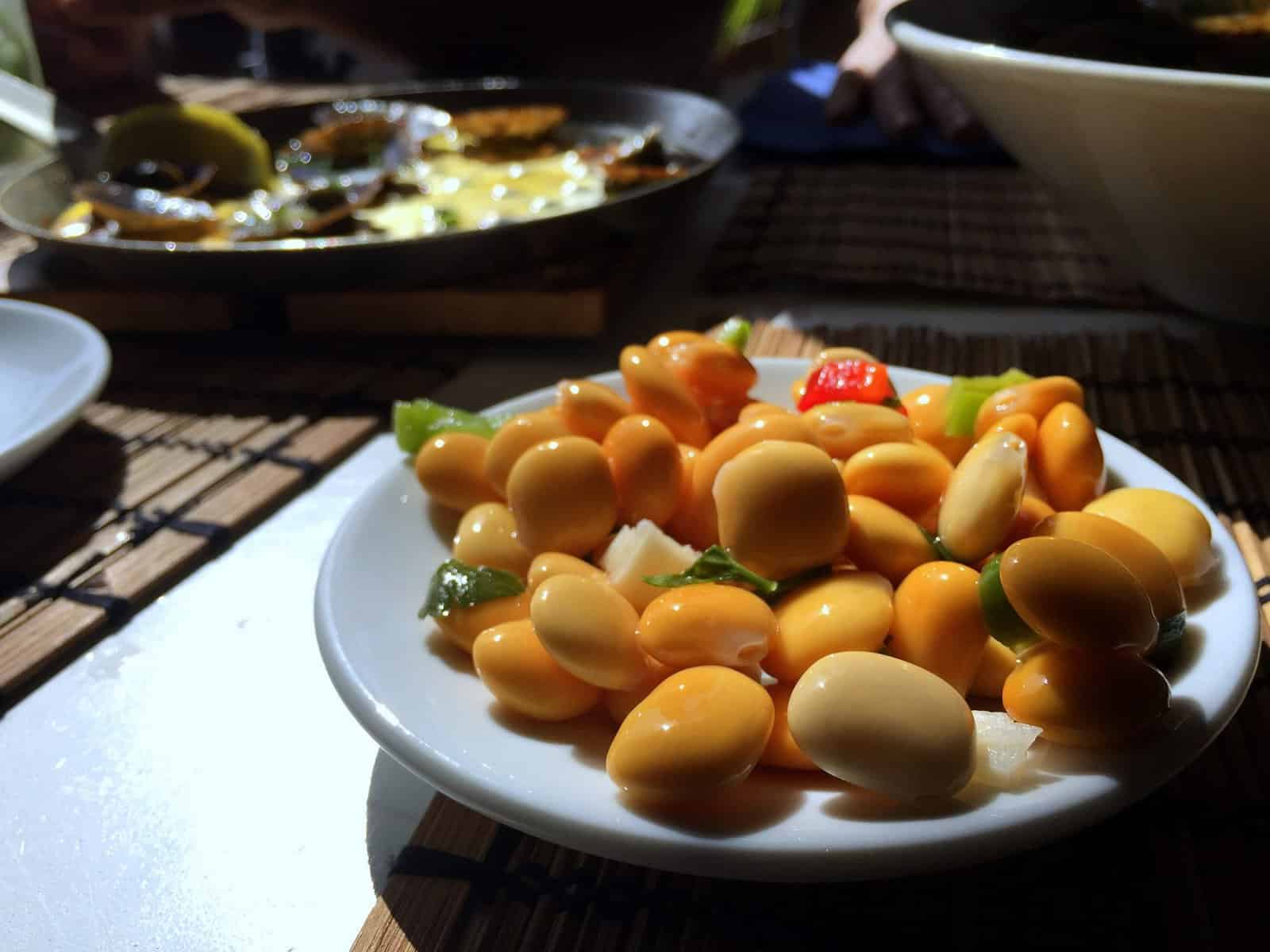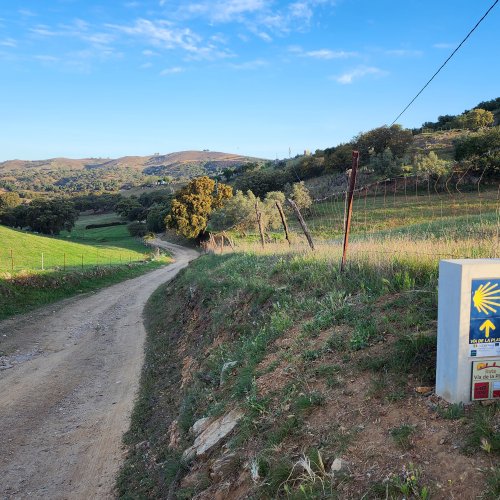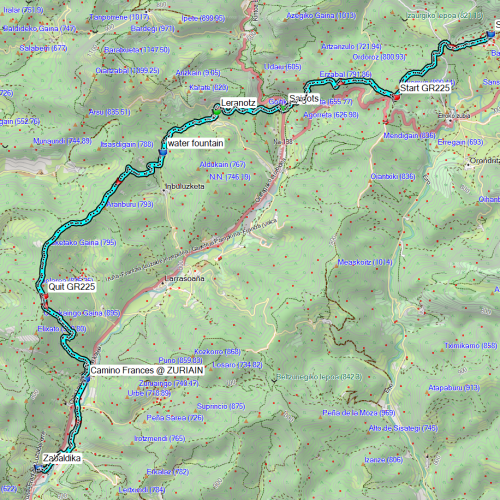Friend from Barquinha
Veteran Member
- Time of past OR future Camino
- None yet; perhaps the Portugese (2021?)
As we start to see more peregrinos/as determinedly hiking along the caminho downhill from us, and as we spend some weeks here in rural Portugal, it occurs to me that definitely, eating as a vegetarian, for a traveller in rural Portuga,l is a challenge. This is a meat-friendly country. The portions are generous. The average Portuguese small-town cook would be embarrassed to serve you less than what, to me, seems an overwhelming amount of animal protein. I regularly bring home half my serving to make soup or a stir-fry later. I suspect this dates from a past with an impoverished rural population where for the average family, meat was a treat for feast-days only. As a result, Portugal now has its full share of health issues related to a rich diet.
Regardless, this means that outside the restaurants that reflect international food trends, vegetarian options are sparse. So I want to remind those who want or need less meat, or no meat at all, of an option you can find almost anywhere. The topic has been mentioned in posts a few years ago, but none specifically aimed at the pilgrim in Portugal.
The food option is migas, (pronounced "mee-gush") literally meaning "crumbs," which is a Portuguese stand-by, usually served as a side-dish, but really tasty, and with beans/garbanzos added, a quite complete meal. A full plate of it is very filling, and reasonably healthy. It's like a stuffing that you would serve with meat, with veggies added.
In its basic form, it includes shredded kale or cabbage plus garlic/other seasonings and shredded broa, which is a rural bread made of a mix of wheat flour and fine cornmeal. Broa is really good but doesn't keep well, so leftovers are generally available. And of course, since it includes corn, if mixed with beans, it's a source of protein.
Some migas have bacon or chouriço sausage added for flavour, but many don't.
What you want to ask for is migas sem carne ("migas without meat"). They are delicious! And pretty much everywhere
In Portuguese but showing you what you'd get; this video shows cooking Migas de Broa com Couve e Feijão Frade ("Migas made of Broa with Cabbage and Black-Eyed Peas")--various cooked dried beans are also available in every corner store in Portugal--cheap, and either in cans or jars--so pretty much anywhere you could get something like this.
Suggestions for other vegetarian options in Portugal?
Regardless, this means that outside the restaurants that reflect international food trends, vegetarian options are sparse. So I want to remind those who want or need less meat, or no meat at all, of an option you can find almost anywhere. The topic has been mentioned in posts a few years ago, but none specifically aimed at the pilgrim in Portugal.
The food option is migas, (pronounced "mee-gush") literally meaning "crumbs," which is a Portuguese stand-by, usually served as a side-dish, but really tasty, and with beans/garbanzos added, a quite complete meal. A full plate of it is very filling, and reasonably healthy. It's like a stuffing that you would serve with meat, with veggies added.
In its basic form, it includes shredded kale or cabbage plus garlic/other seasonings and shredded broa, which is a rural bread made of a mix of wheat flour and fine cornmeal. Broa is really good but doesn't keep well, so leftovers are generally available. And of course, since it includes corn, if mixed with beans, it's a source of protein.
Some migas have bacon or chouriço sausage added for flavour, but many don't.
What you want to ask for is migas sem carne ("migas without meat"). They are delicious! And pretty much everywhere
In Portuguese but showing you what you'd get; this video shows cooking Migas de Broa com Couve e Feijão Frade ("Migas made of Broa with Cabbage and Black-Eyed Peas")--various cooked dried beans are also available in every corner store in Portugal--cheap, and either in cans or jars--so pretty much anywhere you could get something like this.
Suggestions for other vegetarian options in Portugal?













